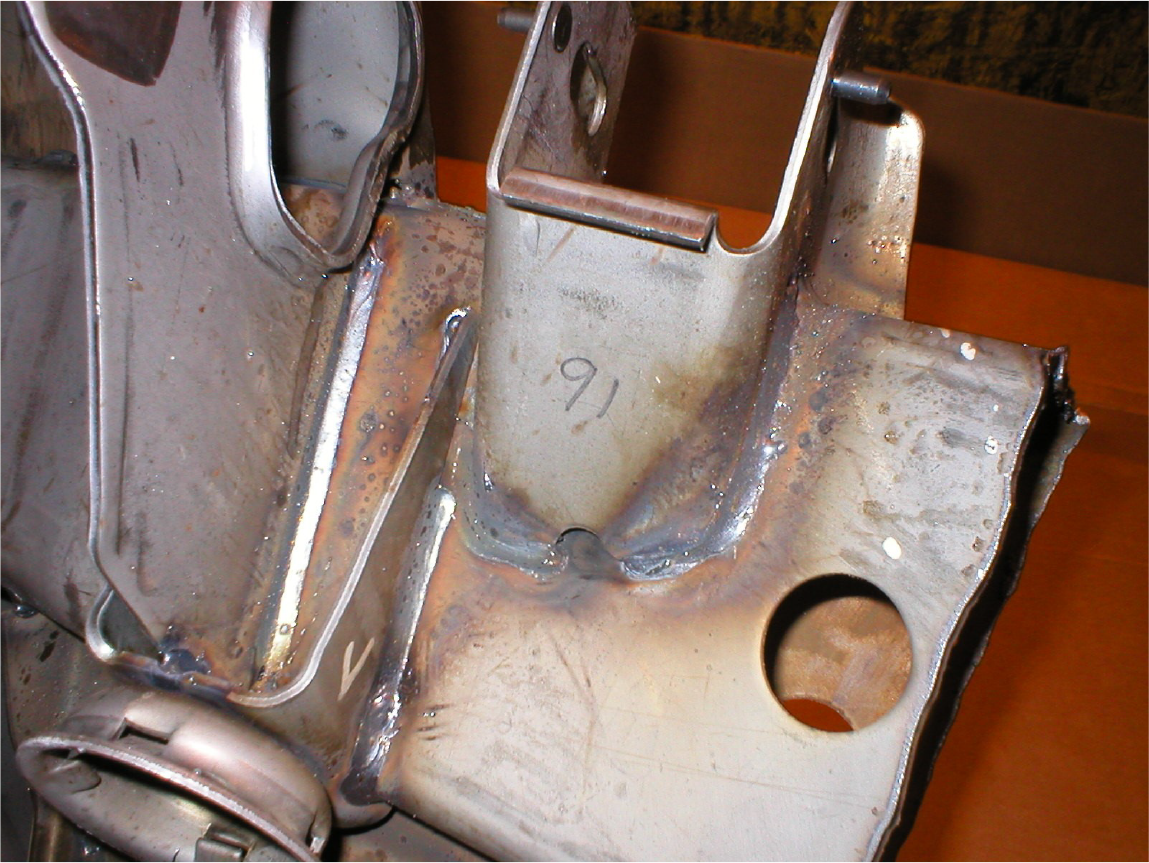While it is generally recommended by most suppliers of welding process equipment to only weld clean surfaces together, the reality is that most manufacturers try to avoid cleaning stages whenever possible. It is also generally accepted that synthetic or “oil-free” metal forming fluids burn more cleanly when welded through, compared to oil based fluids. This is due to the increased water content of the synthetic fluids, finer, chemical-droplet size of a true solution compared to an oil or emulsion, and the chemical nature of the synthetic additives. Synthetic, oil-free metal forming fluid additives tend to burn off at lower temperatures and leave less residue than oil based products and the residues are typically easier to remove in conventional pretreatment processes.
While synthetic lubricants may be in use at a stamping facility, it should be acknowledged that incoming coils and blanks likely contain mineral or synthetic oil-containing rust preventatives or pre/post lube oils that are not typically water soluble. Synthetic stamping compounds can aid in the penetration and eventual removal of these fluids prior to pretreatment processes; however, those oils can often contribute to welding and finishing defects if not watched closely. It is highly recommended that the incoming rust preventatives or pre/post lubes be clearly identified to address any potential incompatibility or interference.
 Another consideration in welding through any chemical film is the concentration or coating weight of that film. Higher volumes of non-oil lubricants can cause weld defects similar to oil based products when used at extremely high concentrations or fluid volumes. This is why process audits and lab testing prior to product selection is crucial: it helps determine the optimal chemistry and amount for the customer’s application. Not only are IRMCO synthetic forming fluids designed to optimize die and part protection, but they are also designed to burn cleanly and be applied sparingly to help minimize weld residues and defects. Regarding welding as a health hazard concern, we recommend following good industrial hygiene practice as outlined in IRMCO’s MSDS and providing proper local ventilation in the welding area. This would be the recommended practice even if a user were welding together two clean pieces of metal.
Another consideration in welding through any chemical film is the concentration or coating weight of that film. Higher volumes of non-oil lubricants can cause weld defects similar to oil based products when used at extremely high concentrations or fluid volumes. This is why process audits and lab testing prior to product selection is crucial: it helps determine the optimal chemistry and amount for the customer’s application. Not only are IRMCO synthetic forming fluids designed to optimize die and part protection, but they are also designed to burn cleanly and be applied sparingly to help minimize weld residues and defects. Regarding welding as a health hazard concern, we recommend following good industrial hygiene practice as outlined in IRMCO’s MSDS and providing proper local ventilation in the welding area. This would be the recommended practice even if a user were welding together two clean pieces of metal.
Contact your IRMCO® representative today to find out more or contact us at: sales@irmco.com. Contact us to learn more!

